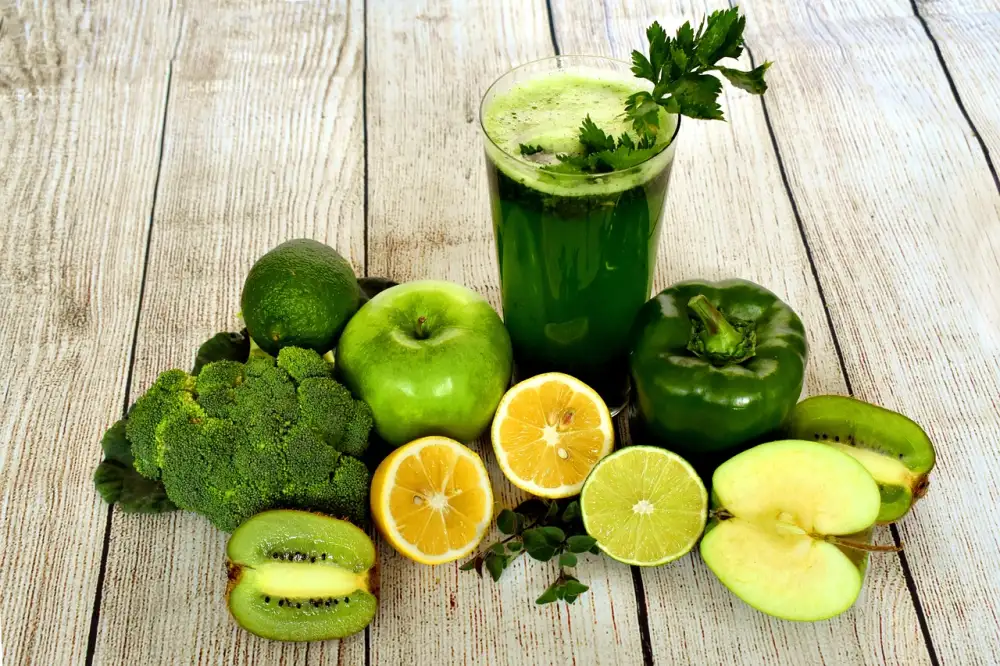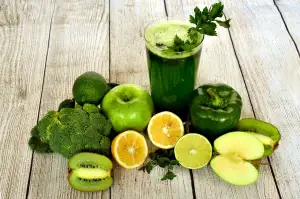Exploring the Risks and Impacts of Eating Corn Starch: Understanding the Pica Phenomenon

Corn starch, a fine white powder derived from the endosperm of corn kernels, is commonly used as a thickening agent in cooking and baking. While it serves a culinary purpose, some individuals develop a craving for consuming corn starch in its raw form. This behavior, known as pica, can have serious health implications due to the non-nutritive nature of corn starch and its potential to cause digestive issues when ingested excessively. Understanding the risks associated with this habit is crucial for promoting overall well-being and healthy eating habits.
Understanding Pica and Its Connection to Corn Starch Consumption
Pica is a disorder characterized by the persistent consumption of non-nutritive substances like corn starch. Individuals with pica may crave and eat items such as corn starch due to underlying nutritional deficiencies or psychological factors. The connection between pica and corn starch consumption lies in the potential soothing texture and taste it provides, leading to compulsive ingestion. It's crucial to recognize pica as a serious condition that requires professional intervention to address the root causes and prevent associated health risks.
Risks and Health Concerns Associated with Eating Corn Starch
Consuming corn starch in excessive amounts can lead to various health risks and concerns. One of the primary risks is the potential for weight gain and obesity due to its high carbohydrate content. Additionally, corn starch lacks essential nutrients like vitamins, minerals, and fiber, which are crucial for overall health. Prolonged consumption of corn starch may also increase the risk of developing type 2 diabetes and other metabolic disorders. Furthermore, there is a risk of digestive issues such as bloating, gas, and constipation associated with overconsumption of corn starch. It's important to be mindful of these risks and consider healthier alternatives in your diet.
Potential Nutritional Deficiencies from Consuming Corn Starch
Consuming excessive amounts of corn starch can lead to potential nutritional deficiencies. Corn starch lacks essential nutrients such as vitamins, minerals, and proteins that are crucial for maintaining overall health. Relying heavily on corn starch as a dietary staple may result in inadequate intake of key nutrients like iron, calcium, and fiber. This deficiency can lead to issues such as anemia, weakened bones, and digestive problems. It is important to balance your diet with a variety of nutrient-rich foods to prevent these deficiencies.
Seeking Professional Help and Treatment Options for Pica
Seeking professional help is crucial for individuals experiencing pica, especially if it involves the consumption of non-food items like corn starch. Consulting a healthcare provider, such as a doctor or a mental health professional, can help in understanding the underlying causes of pica and developing a treatment plan. Behavioral therapy, counseling, and nutritional interventions may be recommended to address the condition effectively. It's important to seek guidance from qualified professionals to ensure proper management and support for those struggling with pica.
In conclusion, while corn starch consumption may seem harmless to some, it can pose serious health risks, especially when associated with conditions like Pica. It is crucial to prioritize a balanced diet rich in nutrients to maintain overall well-being. Seeking professional help for underlying issues driving the consumption of non-food items like corn starch is essential. Additionally, exploring healthier alternatives such as whole grains, fruits, and vegetables can provide the necessary nutrients without the risks associated with excessive corn starch intake. By promoting healthy eating habits and seeking appropriate treatment for Pica, individuals can safeguard their health and well-being.
Published: 13. 05. 2024
Category: Health



